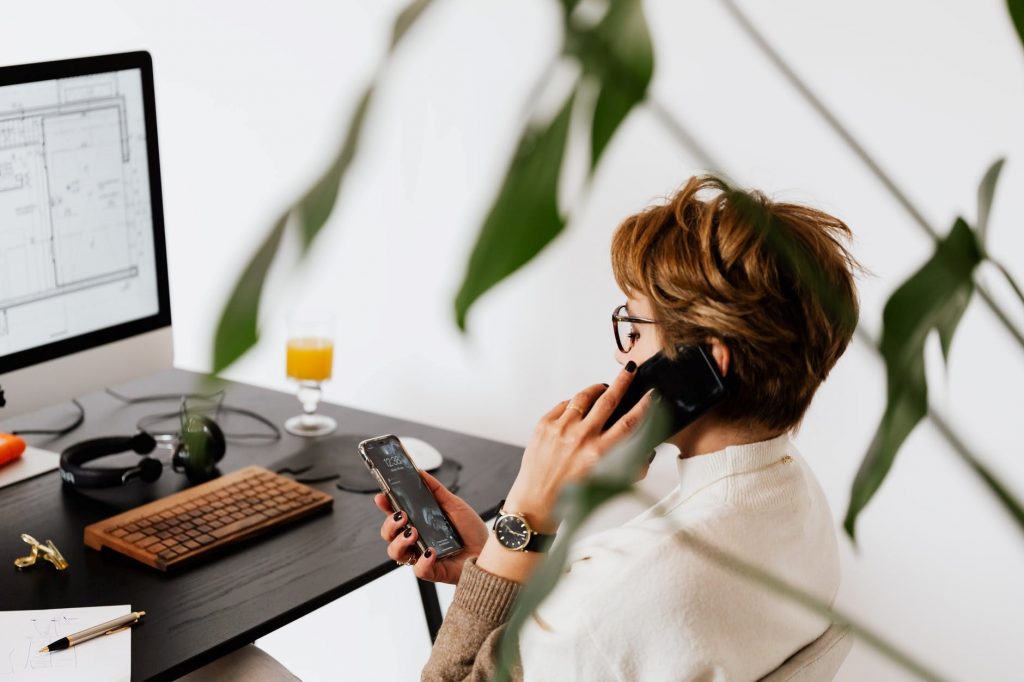One thing that students sometimes forget when they’re going to college or university is that the skills that they acquire during their time at a post-secondary institution are not just useful then, but can also be useful going into the regular workforce. People make presentations, attend meetings, and go to symposiums as regular office assignments. All of this requires people to multitask.

Here, we’re going to explore how to do educational multitasking:
What is Educational Multitasking?
This is more of an informal term for the ability to listen, write, and speak effectively as most scholars soon find that they need to do more than write essays and listen to lectures. College also involves debating others, making speeches, and taking down vast amounts of information.
In many cases, a student needs to take on the skill of being able to listen to what others have to say, contributing to the conversation, and taking down important information, as well.
How Do People Learn to Multitask?
The simplest answer would be to say that practice makes perfect, but it is a little more complicated than that. If one doesn’t have the skills required to do this form of multitasking from the beginning, then they need to learn how. This doesn’t require a lot of skill, but it does require patience and time.
To Study is to Learn How to Listen
Acquiring knowledge through study is not just good for developing a student’s reading ability; it also helps them to listen. A book can’t be interrupted, and studying requires focus. By doing so and applying it to professors and other students who are lecturing, one can learn how to listen without interruptions. After all, no one interrupts a book, do they?
This might seem simple, but there is more. Studying does open a person to listening, but they also have to apply good listening skills to real-life. A good concept to keep in mind when applying good listening skills is to ask the question: “Would I do this if this person was doing a lecture?” So, if they’re wondering if they should interrupt someone in private ask this question and then realize it’s best to let them finish!
Keep Writing!
Writers say that to be a good writer means writing a million words. No one expects a university student to do this, but the more they practice the art of writing, the better they’ll be at it, and the more they do it, the more it will come naturally. Being an effective writer allows a student to take down information efficiently and without even thinking about it.
The truth is that students always have a paper or an essay to do, anyway, and this is a great way to hone their skills. Plagiarism, however, doesn’t count as it would have been written by someone else! One can seek inspiration, and there are good places to find free essay examples online, like https://eduzaurus.com. With these tools, becoming an expert writer who can take down notes on lectures and debates while contributing their own thoughts will find it becomes second nature.
Developing Good Speaking Skills
Graduates from universities across the planet will tell you that having good speaking skills in university becomes a must after a time. People need to communicate not just with their professors but also with their classmates, and they need to communicate effectively. Good speaking practices develop over time but simply talking to other people helps.
Another is to stand up in front of crowds more often and realize that, unlike listening, the way a person speaks always depends on where they are. A student giving a presentation to a class, for instance, needs to know that anything they’d say to a close friend in private is probably not a good idea to say to a crowd of people!
Bring it All Together
The reason why it’s such a good idea to develop each of these three skills on their own is because of how much it contributes to the whole. Once those skills all become second nature, they’ll be easy to do all at once! With this and a little advice from friends, anyone can develop great educational multitasking.



